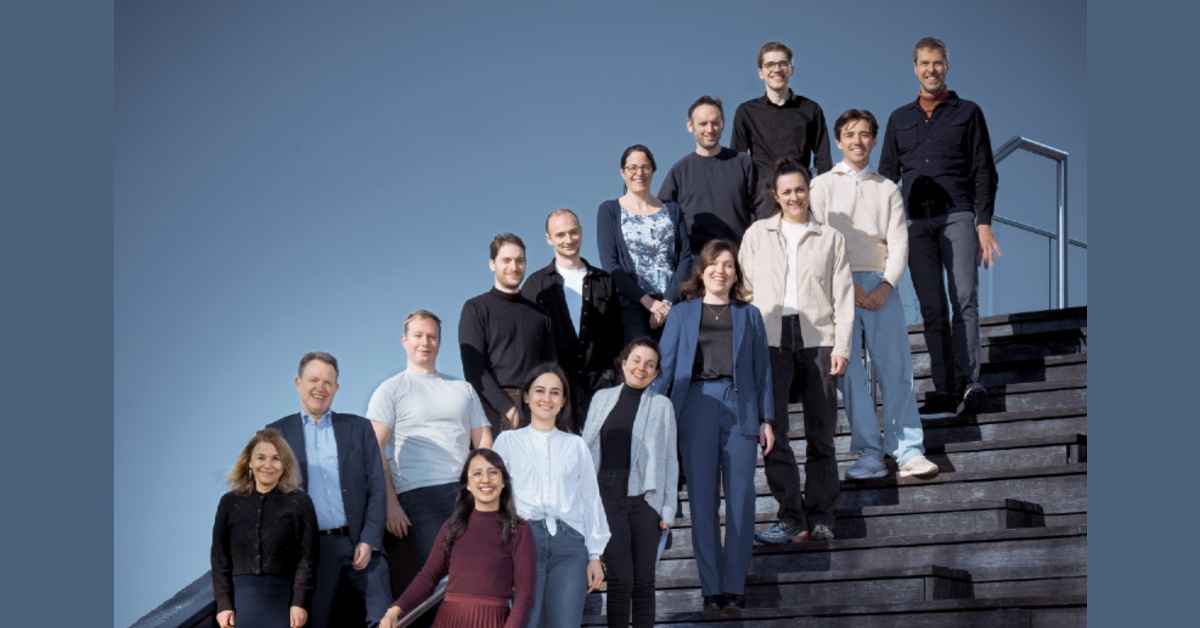The 2023 Young Generation in Tech report has been released following the success of last year’s report with surprising results.
Backed by Eight Roads Ventures Europe and HR platform HiBob, the 2023 report offers a broader and deeper look at young people across the tech sector and their thoughts on their roles, the industry, AI, and mental health.
The report surveyed 2,000 20 to 30-year-olds tech workers in Ireland and Europe, including the UK, France, Spain, Germany, Sweden, and the Netherlands.
Here are the key takeaways:
Young workers are embracing AI
Despite concerns about AI disrupting jobs, nearly 4 in 5 young tech workers in Europe have a positive outlook on AI.
In total, a significant majority (78 per cent) of young tech workers surveyed are optimistic about the impact of AI on their roles, with 70 per cent believing it will make them more productive, efficient, and creative. Only a minority (11 per cent) say they never plan to use AI tools.
UK young tech workers are the most confident about the advances of AI and tech with 85 per cent, while in Ireland and Spain, the number is slightly lower at 75 per cent.
“… Today’s young professionals are proving just how resilient and adaptable they can be,” says Davor Hebel, managing partner at Eight Roads Ventures.
“Not surprisingly, they are the fastest generation to embrace AI, seeing it as a strong productivity lever and not a threat,” adds Hebel.
Rising job satisfaction
Compared to the previous year, there has been a significant increase in job satisfaction among young tech workers.
The number of unhappy young tech workers in Europe has decreased by more than half, from 35 to 15 per cent. Additionally, 48 per cent of respondents said they are “very satisfied” with their job, and 63 per cent have no plans to resign soon. These findings suggest that the tech workforce in Europe is becoming more content and settled.
This satisfaction rate is likely due to a number of factors, including increased job security and promotions. 59 per cent of respondents in Europe consider their position secure compared with 51 per cent last year. Meanwhile, 77 per cent of respondents reported being promoted at least once in the past two years.
“It’s heartening to see confidence recover amongst the tech’s youngest workers. Despite the ongoing economic uncertainty, today’s young professionals are proving just how resilient and adaptable they can be.
On the other side of the spectrum, Dutch and Swedish tech workers reported the highest levels of job dissatisfaction (17.7 and 25.3 per cent) and job insecurity (24.7 and 25.6 per cent) among young tech workers in Europe.
A time to return to the office
According to the survey, it’s clear that the traditional office space still holds value. While flexible work arrangements are highly regarded in all surveyed regions, 56 per cent of young professionals prefer spending four or five days a week in the office.
Hybrid work was the second most popular work arrangement, with 34.49 per cent of respondents preferring it. Nearly 40 per cent of respondents said they feel equally engaged at home and in the office. Only a minority (9 per cent) opt for full-time remote work.
Young people confirm that being in the office makes them more engaged and motivated. This is likely due to the ability to meet and interact with people they work with, such as their team, manager and other colleagues.
Purpose and mental health awareness
Some young tech workers in Europe are motivated by purpose and 21 per cent want to work for companies that make a positive impact on the world. They also value companies with strong values, fairness, collaboration, and volunteering opportunities while supporting their employees’ mental health and well-being.
“The young generation is signalling a clear message: beyond competitive salaries and benefits, they’re in search of workplaces that resonate with purpose and empower them with the necessary resources to thrive,” says Ronni Zehavi, co-founder and CEO of HiBob.
While the survey found that more young people feel secure with their jobs, 56 per cent still reported that their jobs affect their mental health. However, they are now more open to talking about it. They believe employers can support their mental health by trusting them to do their job, providing the necessary resources, and creating a supportive work environment.










01
From telecom veteran to Dutch Startup Visa success: The Jignesh Dave story